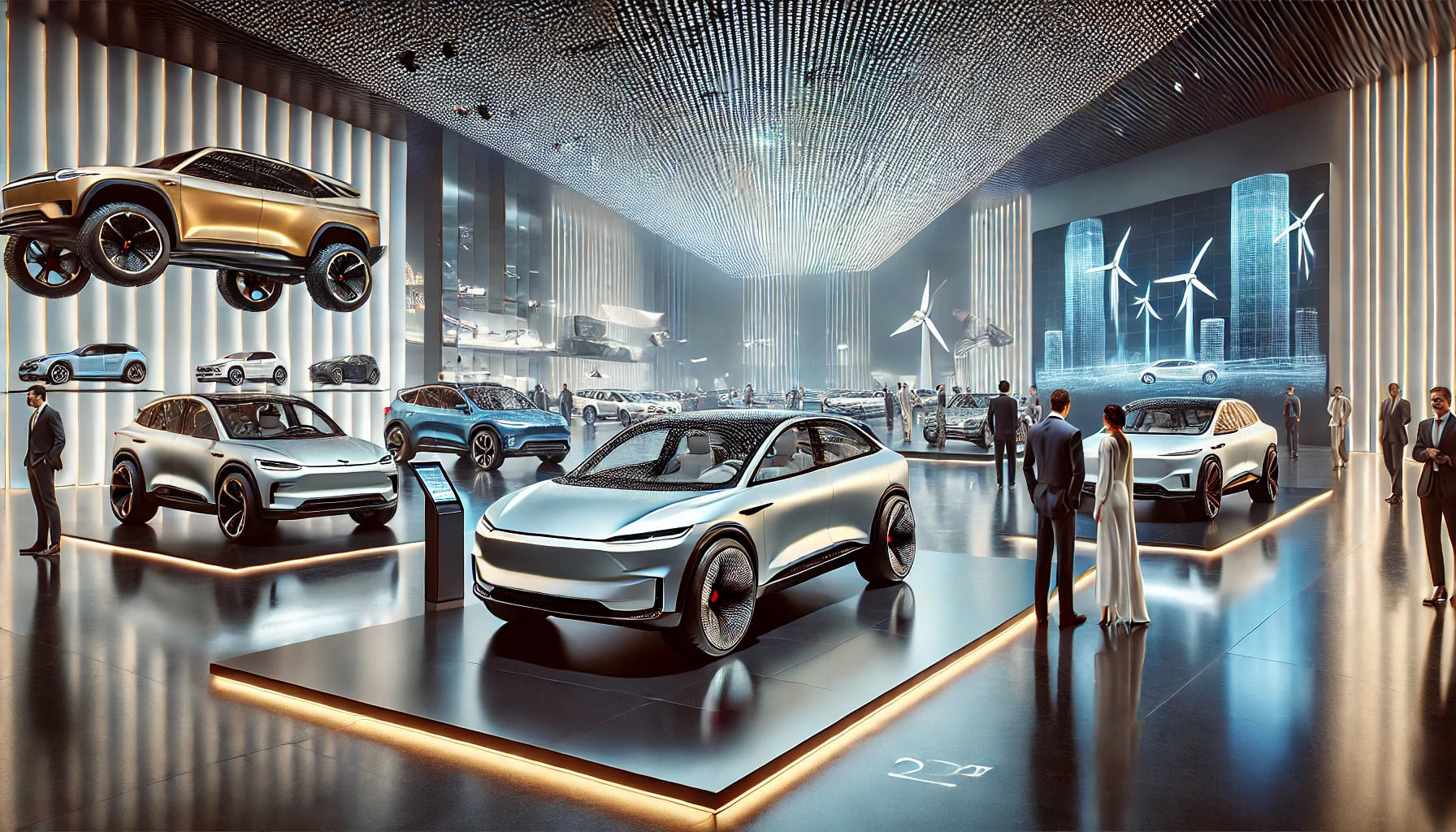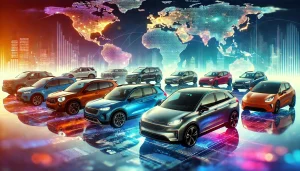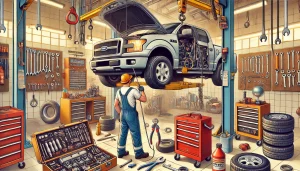Artificial intelligence (AI) has been transforming various aspects of daily life, and by 2030, its impact will be even more significant. From virtual assistants on smartphones to advanced systems in areas such as healthcare, transportation, and education, AI is reshaping how we interact with the world.
In everyday life, AI is present in solutions that optimize time and resources. For example, smart home devices are becoming more common, helping automate tasks such as temperature control, security, and shopping. By 2030, these tools are expected to integrate even further, creating fully connected and autonomous homes.
Furthermore, advancements in natural language processing will enable more human-like interactions with machines, facilitating everything from task execution to companionship for people in isolation. AI will not only meet practical needs but also contribute to emotional well-being.
Artificial Intelligence: Predicted Changes in Daily Life by 2030
The changes that AI will bring by 2030 promise to revolutionize how we work, commute, and even take care of our health. In the workplace, AI systems already automate repetitive tasks, allowing professionals to focus on more creative and strategic activities.
In mobility, autonomous vehicles are expected to gain greater relevance. By 2030, it is expected that public transportation and delivery services will be dominated by automated fleets, making cities more efficient and reducing accidents.
In healthcare, AI will assist doctors in diagnosing diseases with even greater accuracy. In addition, wearables equipped with artificial intelligence will be able to constantly monitor the user's health, preventing problems before they even manifest. The integration of AI with mobile devices and medical systems will create a revolution in personal care.
How AI Will Reshape Our Routines by 2030
By 2030, artificial intelligence will not only be a tool, but an essential part of our daily routine. Imagine a typical day: when you wake up, your home will have already adjusted to the ideal temperature and started preparing coffee. Your virtual assistant will organize your schedule and provide a personalized summary of the news.
During work, intelligent platforms will suggest solutions to problems and optimize task flows, saving time. After work, AI apps may recommend leisure activities or recipes based on your preferences.
Even social interactions will be impacted. Social networks will use AI to moderate content more efficiently and suggest connections based on real interests. Routine will be deeply influenced by a combination of convenience, personalization, and efficiency, driven by AI.
The Near Future: AI Integrated into Everyday Life by 2030
The integration of AI by 2030 will be marked by advances in accessibility and inclusion. Technologies that were once restricted to large corporations will be available to small businesses and individuals, democratizing access to innovations.
In education, AI will create personalized learning experiences. Students will be able to rely on virtual tutors that will identify their specific difficulties and adjust the content according to their learning pace. This personalization promises to reduce educational inequalities.
In addition, AI will integrate sectors such as retail and food. Shopping done in automated supermarkets and meals prepared by specialized robots will no longer be a vision of the future, but part of the daily lives of millions of people around the world.
Impacts of AI in Everyday Life: What to Expect by 2030
The impacts of AI by 2030 will be felt in multiple dimensions. In urban environments, smart cities equipped with AI systems will optimize the use of resources such as energy and water. Sensors will monitor real-time traffic, reducing congestion and improving quality of life.
In the entertainment field, streaming platforms will use AI to create immersive experiences. Interactive movies, tailor-made music, and games based on personal preferences will transform the way we consume content.
On the other hand, the advancement of AI also brings challenges. Automation can generate discussions about the future of employment, while ethical issues such as privacy and algorithmic bias will need to be resolved for AI to be adopted responsibly.
2030 and AI: Revolutions in Our Daily Lives
The revolutions brought by AI until 2030 will not only be technological, but also social. In the financial market, advanced algorithms will offer personalized consulting, helping people manage their finances more efficiently.
In agriculture, AI will help increase productivity through real-time crop monitoring and precise application of resources such as fertilizers and water. This will contribute to global food security.
Sustainability is one of the top priorities in the automotive sector in 2024. Automakers are committed to reducing their carbon footprint, not only through electric cars, but also by adopting more sustainable practices in their production lines.
Among the most notable initiatives are the use of recycled materials in car interiors and the adoption of renewable energy sources in factories. Some companies are also investing in circular economy solutions, such as the reuse of used batteries.
In addition, partnerships with governments and energy companies have been crucial in creating an ecosystem that supports the transition to a more sustainable mobility. This commitment goes beyond the vehicles themselves, extending to the entire supply chain and product lifecycle.
How new cars will impact consumers
The launches in 2024 promise to transform the consumer experience in various ways. With the expansion of embedded technology, driving will become safer and more convenient, while advances in energy efficiency will reduce fuel or electricity costs.
In addition, consumers will have access to a greater variety of options, including affordable electric car models, more compact SUVs, and sports cars that balance performance and sustainability. This increase in diversity will allow more people to find vehicles that meet their specific needs.
Finally, the growing digitization will also impact after-sales service, with remote diagnostics, over-the-air software updates, and greater integration between the vehicle and users' digital ecosystem. This represents a significant evolution in the relationship between consumers and automakers.
Conclusion
The year 2024 promises to be remarkable for the automotive market, with innovations that encompass technology, sustainability, and design. From versatile SUVs to electric cars with greater autonomy, and thrilling sports cars, the options are vast and increasingly aligned with the demands of the modern consumer. With so many new developments on the horizon, it is clear that the future of mobility will be more connected, efficient, and sustainable than ever.




